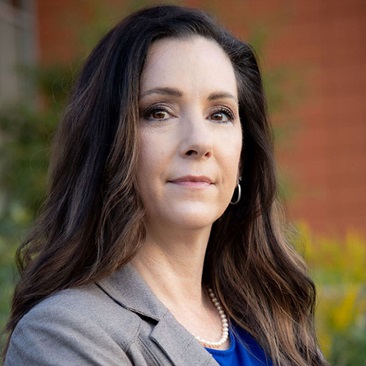Health Administration
September 1, 2019
When primary-care physician Laud Boateng started as health director of Ghana’s Nkwanta North District in 2015, one in four women there delivered babies at home, putting both at risk. By the time he left four years later to begin his MPA/IR at Maxwell, only half as many women delivered at home. “We are now a model district,” he says.
Boateng came to the Maxwell School to pursue his interest in the political determinants of health and in using big data analysis to improve health outcomes. He will be positioned to better negotiate for policies to improve primary health care.
In Ghana, Boateng built a committed, engaged health care team that served about 300,000 people in a remote region. Part of the key was engagement: “It’s good to sit with the community and listen,” he says. And part was in-novation: His staff used the messaging system WhatsApp to share information and speed hospital referrals, used geospatial analysis to trace the flow of patients to the hospital, and led a project to digitally capture patient data across 30-plus facilities.
His Maxwell studies were deferred for a year because, when he was first accepted, there was no medical doctor to lead his clinical team. “The work I did and the team I built was more important,” he says. With a successor in place, he’s now at Maxwell.
He’s “profoundly grateful” for a research assistantship from the Gerald B. and Daphna Cramer International Studies Fund; and summer support from the Frani R. Bickart Fund, created by and named for a 1988 MPA grad.
He plans to work with international health organizations in developing countries. “If you work on public health issues,” he says, “you can help millions at a time.”
By Renée K. Gadoua
This article appeared in the fall 2019 print edition of Maxwell Perspective © Maxwell School of Syracuse University.
Related News
Research

Feb 6, 2025
Research

Jan 24, 2025
School News

Nov 19, 2024
